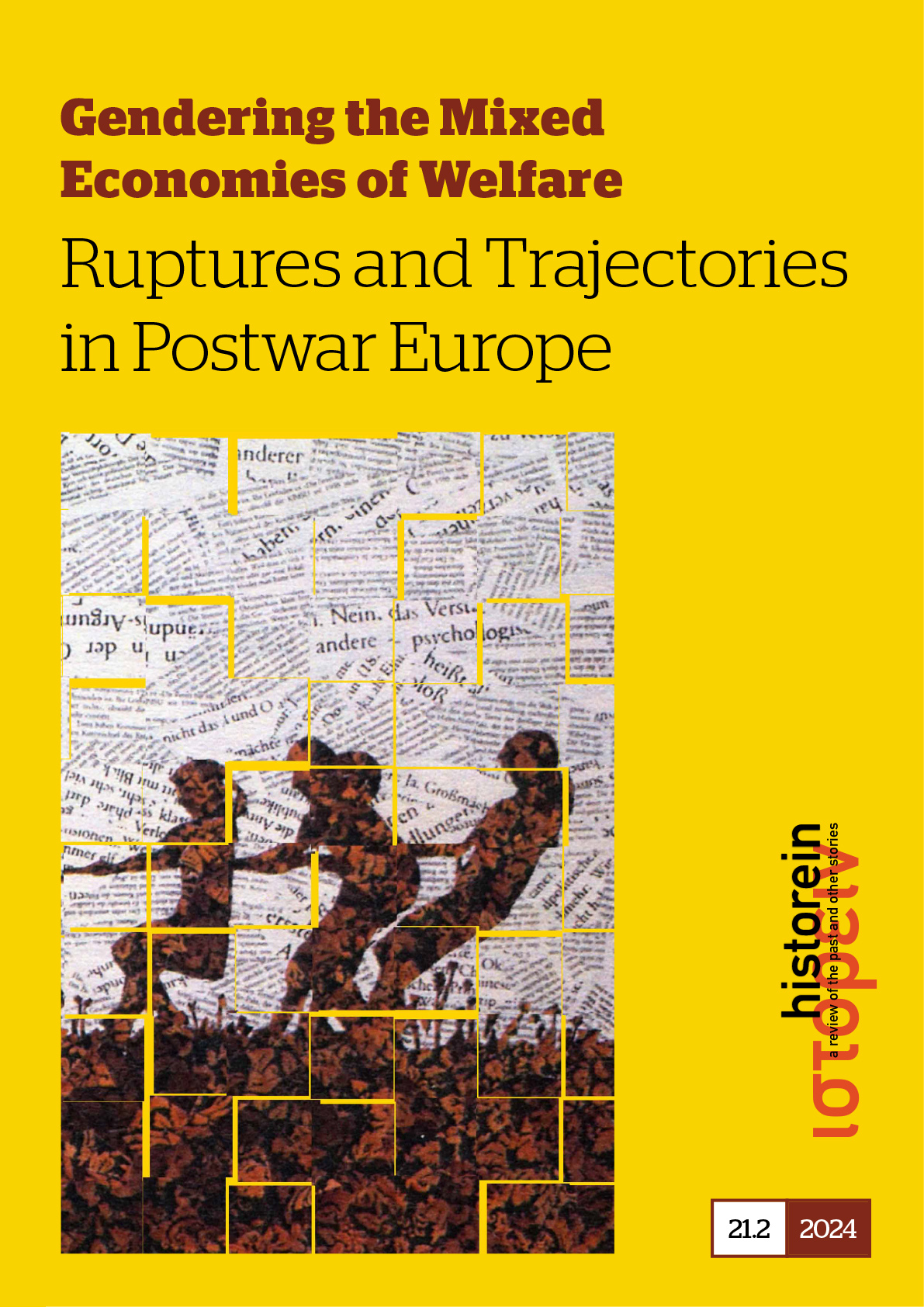Motherhood and Childcare Agents in the Francoist “Social State”

Abstract
The aim of this article is to explore the origins of social and health protection for mothers and children in the first half of the twentieth century in Spain, with particular attention to the continuities and ruptures that occurred in the notions, practices and entanglements between the state and the various collective agents involved in these campaigns. The Civil War (1936-1939) and the origins of Francoism provide an opportunity to analyse the transition from a liberal democratic framework to an authoritarian one. In a context of the dismantling of civil society, the Falange Women's Section played an exceptional role as a collaborating agent in the application and dissemination of Franco's welfare provisions. It imposed a model of political discipline and specialised training for visiting nurses and educators that generated dynamics of female professional promotion and left its mark on welfare practices.
Article Details
- How to Cite
-
Cenarro Lagunas, M. Ángela. (2024). Motherhood and Childcare: Agents in the Francoist “Social State”. Historein, 21(2). https://doi.org/10.12681/historein.32598
- Section
- ARTICLES

This work is licensed under a Creative Commons Attribution-NonCommercial-ShareAlike 4.0 International License.
The copyright for articles in this journal is retained by the author(s), with first publication rights granted to the journal. By virtue of their appearance in this open access journal, articles are free to use (with the exception of the non-granted right to make derivative works) with proper attribution for non-commercial uses (licence Creative Commons 4.0). EKT/NHRF retains the worldwide right to reproduce, display, distribute, and use articles published in Historein in all formats and media, either separately or as part of collective works for the full term of copyright. This includes but is not limited to the right to publish articles in an issue of the Journal, copy and distribute individual reprints of the articles, authorize reproduction of articles in their entirety in another EKT/NHRF publication, and authorize reproduction and distribution of articles or abstracts thereof by means of computerized retrieval systems.

